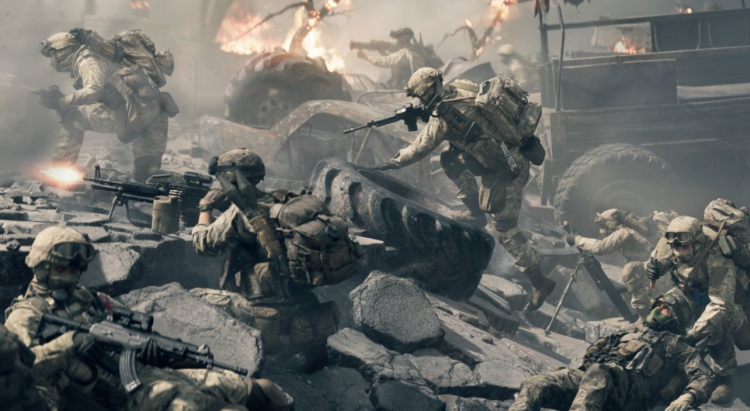EA’s Javelin Stops 330,000 Cheating Attempts in Battlefield 6 Early Access
In just the first two days of Battlefield 6’s Open Beta Early Access, EA’s Javelin anti-cheat system has already blocked over 330,000 attempts to cheat. While that’s a big win for fair play, the fight against more advanced hardware-based hacks is far from over. Add in the massive server queues that marked the Early Access launch, and the first days of BF6 have been both impressive and frustrating for players.
EA confirmed that player reports have been a key part of this rapid detection effort. On the first day alone, players submitted 44,000 reports of suspicious behavior. By the second day, that number had climbed to over 60,000. These reports are feeding into EA’s Gameplay Integrity team, helping refine detection methods and keep up with evolving cheat tactics.
The SPEAR Anti-Cheat Team also shed more light on Battlefield 6 ’s Secure Boot State requirement. It’s not a cure-all, but it’s designed as another wall in the defense system. It makes life harder for cheat developers and improves detection accuracy when cheats do appear.
“Secure Boot is not, and was not intended to be a silver bullet. It’s another barrier that helps us make it harder for cheat developers to create cheat programs, and makes it easier for us to detect it when they do.” - DSOGaming
Still, some cheats have managed to bypass kernel-level protections. These aren’t the typical “download-and-run” scripts that flood most online shooters. Instead, they use specialized hardware connected directly to a PC’s motherboard to read game memory while running the cheat software on a completely separate device. Since the software never runs on the PC where Javelin is active, it can slip past detection. The good news is that these setups aren’t easy or cheap, meaning the average player isn’t likely to encounter them often.

Even with these measures, cheaters do exist in the beta, as clips and reports have shown. EA’s challenge now is figuring out how to detect and stop these advanced setups without impacting legitimate players.
Beyond cheating concerns, Battlefield 6’s Early Access launch was defined by its huge server queues. On day one, queues stretched past 230,000 players. Some waited over 40 minutes to get into a match, with even longer delays if a crash forced them to restart. Things improved slightly on the second day, but with the beta opening to all players today, the pressure on servers is expected to spike again.
PC performance impressions have been largely positive when players can actually get in. Battlefield 6 runs well without ray tracing, maintaining strong frame rates for a fast-paced multiplayer environment. While some areas could benefit visually from ray-traced effects, the performance-to-visual balance seems solid. The game also supports AMD FSR 3, Intel XeSS 2.0, and NVIDIA DLSS 4, giving players multiple upscaling options.
The Secure Boot requirement remains a must for anyone jumping into the beta — the game won’t launch without it enabled in BIOS. AMD and NVIDIA have already rolled out driver updates to support Battlefield 6’s launch features, although AMD’s current drivers stick with FSR 3.0 rather than 3.1.
With today’s full beta opening, Battlefield 6 will face its biggest stress test yet. EA has the tech to block hundreds of thousands of cheating attempts in record time, but with hardware-based exploits still out there and server capacity about to be pushed to the limit, the next few days will reveal how well the game holds up under the pressure.

Comments